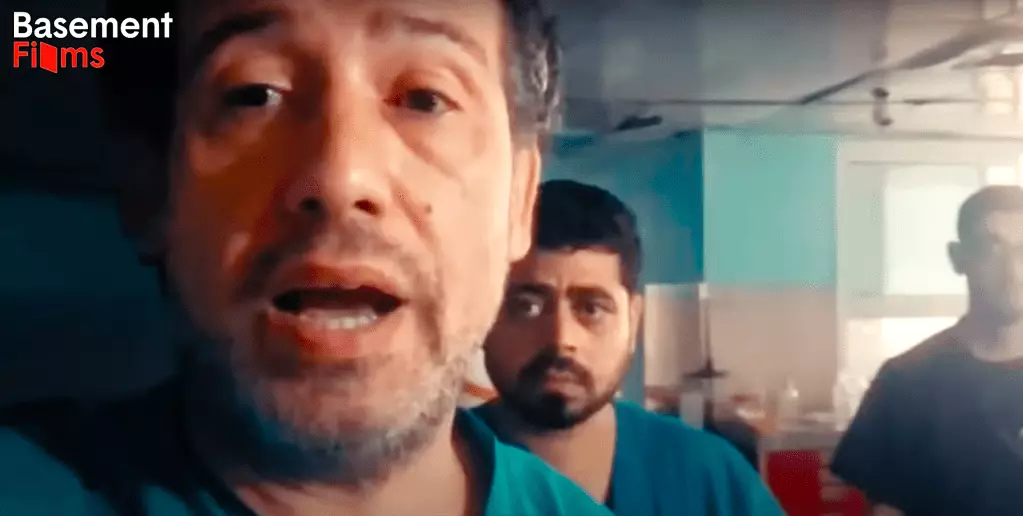The British Broadcasting Corporation, once heralded as a beacon of impartial journalism, now finds itself embroiled in accusations that threaten its reputation and integrity. An open letter signed by over 100 BBC staff and supported by hundreds of prominent media figures, including actors like Miriam Margolyes and industry veterans such as Mike Leigh, highlights a troubling perception: the BBC has become a mouthpiece for Israeli government narratives. This collective protest is not a minor dissent; it reveals an existential crisis where journalism is perceived to be compromised by political biases, undermining public trust in one of the world’s most influential broadcasters.
In-depth scrutiny of the letter uncovers a fundamental concern: the BBC’s failure to authentically portray the realities in Gaza. Critics argue that the corporation’s coverage often skirts the harsh truths faced by Palestinians, instead adopting a narrative that appears aligned with Israeli interests. This perceived imbalance risks turning the BBC into a propaganda tool rather than a neutral observer, which is antithetical to the core journalistic principles of fairness and objectivity.
Your Trust Has Been Shattered: The Accusations of Censorship and Bias
The protest accentuates a growing frustration among journalists and content creators within the BBC who feel hamstrung by self-imposed censorship—often justified as adherence to “impartiality.” This censorship manifests in subtle but impactful ways, such as the decision to halt the broadcast of the documentary “Gaza: Doctors Under Attack.” Despite initial approval by senior editorial staff, the film was shelved, with the BBC citing concerns over “perceptions of partiality.” Critics argue this is a clear indication that fear of offending political sensibilities, particularly related to Israel, trumps authentic storytelling.
A significant bone of contention is the role of individual voices within the organization, notably filmmaker Ramita Navai’s outspoken critique of Israel. Navai’s characterization of Israel as “a rogue state” engaging in war crimes epitomizes the kind of critical perspective that the BBC appears reluctant to broadcast openly. The refusal to air the documentary, in this context, feels less like a regulatory precaution and more like suppression of dissent—an act that erodes the BBC’s credibility and suggests the corporation’s internal culture may be increasingly compromised by external political pressures.
The Questionable Influence of Political Ties at the Highest Level
Adding another layer of controversy is the involvement of Robbie Gibb, a BBC board member with close links to the Jewish Chronicle. The letter claims that Gibb’s associations with a publication often criticized for anti-Palestinian sentiment could be influencing editorial decisions, specifically the decision to withhold “Gaza: Doctors Under Attack.” While the BBC maintains that independent editorial standards govern such judgments, skepticism persists. The perception that political and ideological affiliations might sway content decisions damages the BBC’s standing as a bastion of impartial journalism and raises uncomfortable questions about governance at the highest levels.
The allegations, whether fully supported or not, tap into a broader concern: the ecosystem of influence that could threaten the fairness of news coverage on sensitive issues. If senior figures are perceived to have conflicts of interest, it fosters doubt about whether the BBC can deliver unbiased stories or whether it’s susceptible to external political pressures disguised as editorial prudence.
The Broader Implications for Media Integrity
This internal rebellion and public outcry signal more than just discontent — they serve as a flashpoint for a broader societal debate about media ethics, representation, and the role of journalism in conflict zones. The BBC’s predicament illustrates how political conflicts can seep into the fabric of mainstream media, transforming it from a neutral seeker of truth into a battleground of ideological contention.
More critically, it exposes a delicate balancing act that media organizations must perform in times of crisis. While impartiality is a foundational principle, the challenge lies in navigating complex geopolitical landscapes without succumbing to censorship or bias. As the BBC grapples with these dilemmas, it must confront the uncomfortable reality that its credibility hinges on transparent, fearless reporting—regardless of political pressures or external influences.
Ultimately, the controversy forces a reevaluation of what journalism should stand for in our time: unflinching truth or cautious compromise? The BBC’s future, and its moral authority, will depend largely on its willingness to confront these questions head-on, rather than retreat into self-censorship or equivocation.
